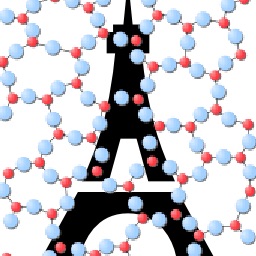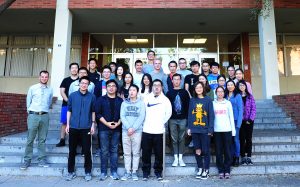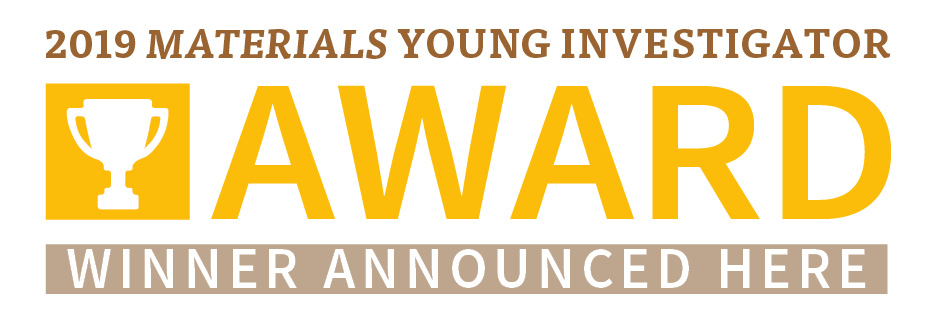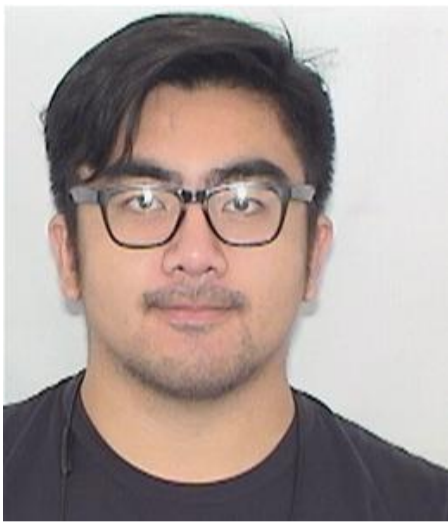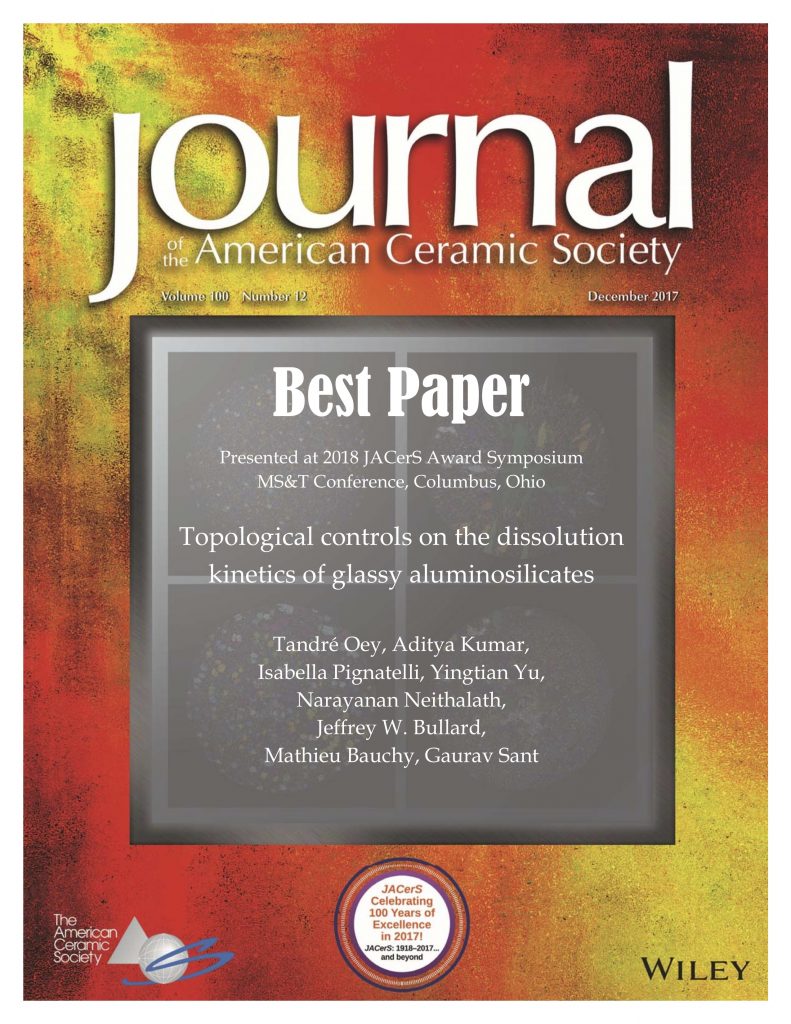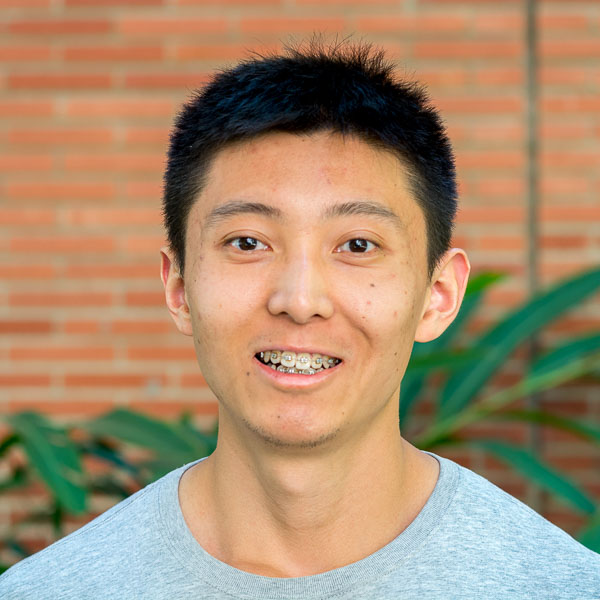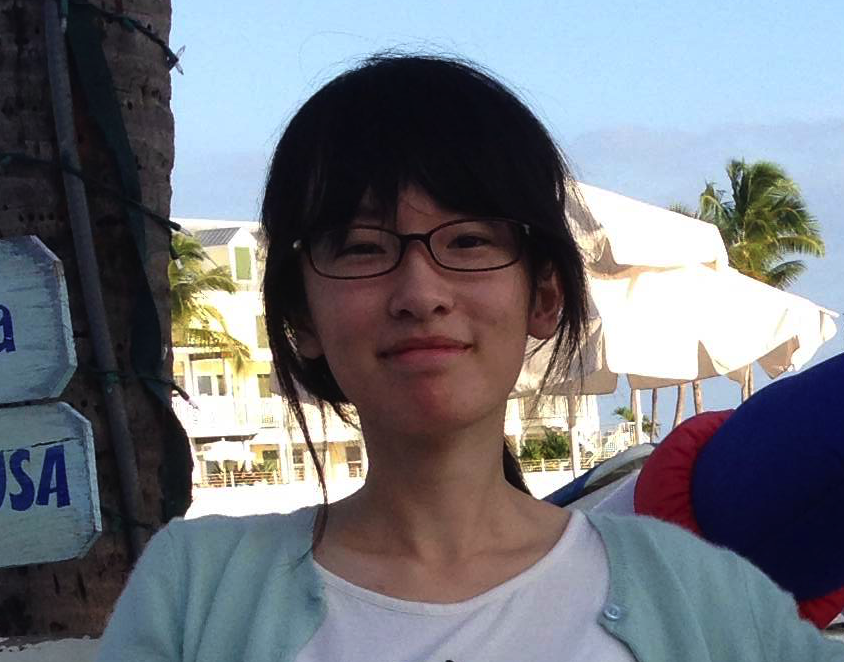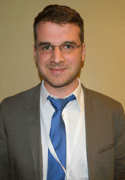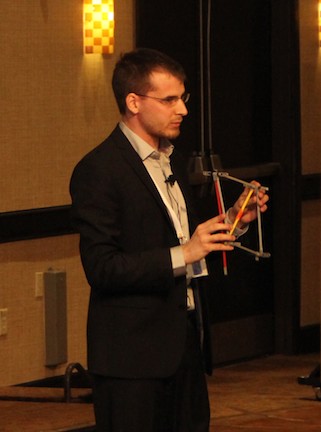Our research group aims to reveal the fundamental physics governing the behavior of engineering materials, with a strong focus on understanding how the atomic structure of non-crystalline materials controls their macroscopic properties. To this end, we heavily rely on modeling and multiscale simulations.
With the experimental support provided by Laboratory for the Chemistry of Construction (LC2) Materials, we work toward establishing a new paradigm in civil engineering by modeling materials at different scales—from atoms to continuum—to improve their performance and sustainability.
